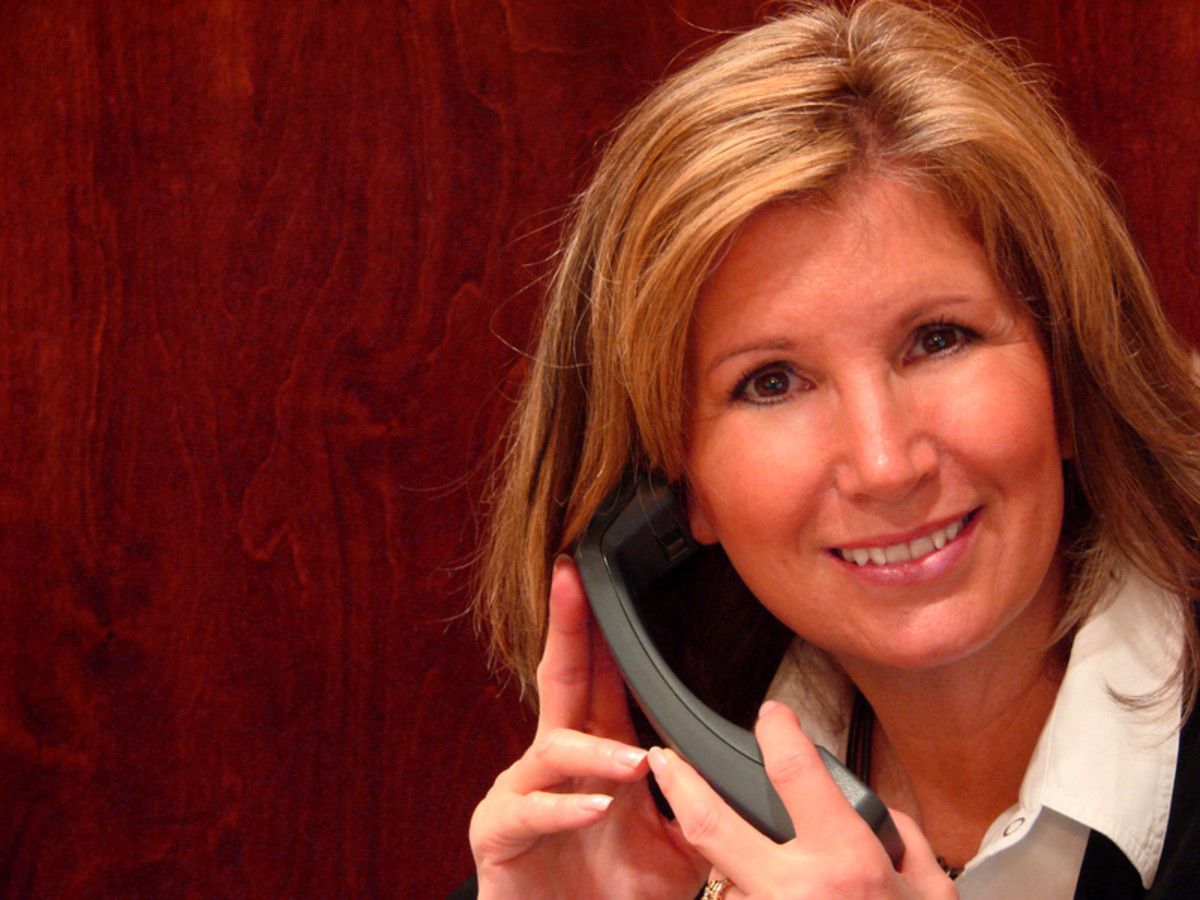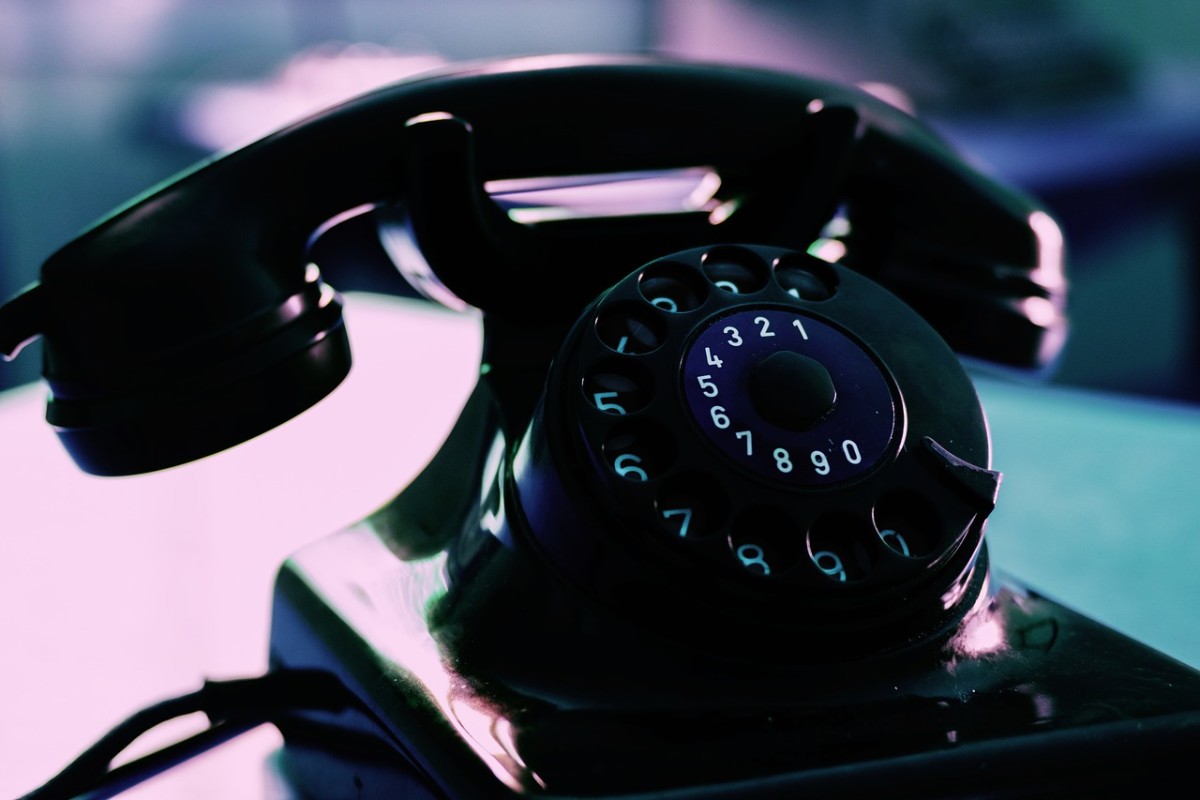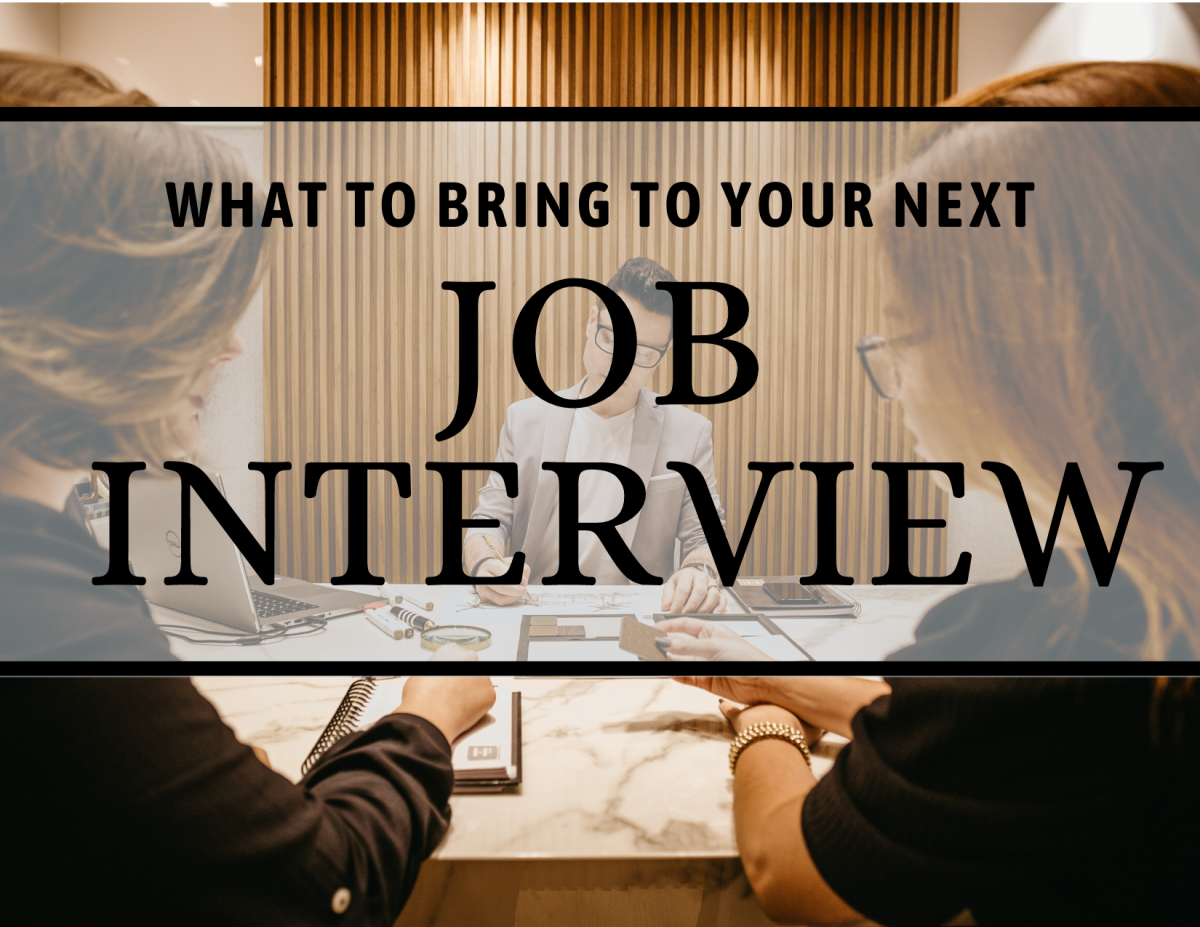- HubPages»
- Business and Employment»
- Employment & Jobs»
- Interviewing for a Job
Telephone Job Interviews

Telephone Interview Tips
- Prepare in advance
- Have your CV or resume to hand
- Research the job role and company prior to the call
- Find a quiet location
- Ensure your phone signal and battery charge are adequate
- Smile!
- Breathe!
- Use open body language even though they can't see you
- Use a positive and upbeat tone of voice
- Be enthusiastic and sound excited
- Good communication skills are crucial
- Have some questions to ask the interviewer
The Benefits of Telephone Interviews
Phone interviews are becoming more and more popular with employers as part of the pre-selection recruitment process. Not only do they save time, but can reduce costs significantly compared with extended amounts of face-to face interviews and can be a great way to separate the wheat from the chaff, so to speak.
With high levels of unemployment around the globe, huge numbers of applications for each advertised job vacancy can create a headache for hiring managers so whittling candidates down to a manageable number can be a time consuming task.
Telephone interviews can be a great way to decide who will be invited to the next stage so how do you increase your chances of standing out from the crowd?
A smile can be heard

The importance of a phone interview
First of all, take it seriously. This is a preliminary round so your goal should be to secure an invitation to a full interview. Employers choose to interview by telephone initially to select the candidates they like the sound of so preparing your answers to interview questions is crucial.
Preparing for a telephone interview is just as important as for a face-to-face interview. Know your CV or resume inside out and back to front then using the job description, try to second guess which interview questions you may be asked. Rehearse your answers by either recording yourself or practising with a friend. Try to eliminate stopgap words such as “Um” and “Err”; these will be more apparent to the caller as opposed to an interview in person, as they will only have your voice to concentrate on rather than having the inclusion of body language and facial expressions to contend with. Most interviewers will be listening to and assessing your communication skills so prepare as much as you possibly can to articulate in a clear, concise and confident manner especially if you have highlighted that you have great communication skills on your application.
Research the company so that you can draw on this knowledge throughout the conversation. Showing that you know what they do, their history and mission will allow the interviewer to hear how enthusiastic you are and they will presume you are serious about working for them. It shouldn’t take you long to find out lots of information if you use a search engine or swot up on the information on their company website. Write any key information down and use your notes as a crib sheet during the call.
For more information on how to prepare for an interview, read my hub 12 Strategies for How to Prepare for a Job Interview.
Quick poll
How seriously do you take a telephone interview?
Before the call
Most invitations for phone interviews will have a date and a time; however, some employers may call at their convenience and catch you off guard. Don’t worry if you receive a call while you are walking down a busy street or the time isn’t appropriate for you. Let the interviewer know that you would like to give the call your full attention and request they call you back at a more suitable time or offer to return their call at a convenient time for them. It is unlikely that this will be viewed negatively; more likely, they will appreciate your honesty and professionalism.
Whatever the scenario, ensure that you can take part in the phone interview in a quiet place where you will not be interrupted or distracted by noise. Much as you love them, pets and kids are a big no, no in close proximity so make arrangements for someone else to have the responsibility.
If you can, aim to use a land line for the call unless you can guarantee your mobile phone signal won’t be compromised or battery likely to go flat. The last thing you want is to be cut off mid flow. Using a headset can be a great way to keep your hands free to write notes or flick through your CV. Trying to balance a phone between your ear and shoulder can be tricky and distort the tone of your voice. Avoid using speakerphone though as this can pick up background sounds and cause an echo.
Have your CV or resume to hand so you can refer to it and write notes next to key points where you think questions may be raised such as explanations of gaps in your employment, reasons for leaving your last job or why you want to work for the company.
Interview questions and answers
The length of a phone interview
Most telephone interviews last between 20 minutes and an hour so make sure you have enough time set aside to deliver what they want to hear. Setting aside adequate time will stop you sounding rushed and disorganised. Have a glass of water to hand, in case you get a frog in your throat but never, ever chew anything. The sound will be amplified over the airwaves and could ruin your chances.
Long and awkward silences
The interviewer will most likely be taking notes so there may be silences at the end of each answer you give. Don’t let this put you off; the silences will seem longer than they really are. He or she may also be reading prepared questions so this may add to periods of quiet.
Similarly, you may wish to consider your answers before talking. Take your time. It’s ok to think! Once again, the silences will seem longer to you than they really are and the interviewer will view this as a positive action.
Body language
Ok, so the interviewer can’t see you but it will help if you consider your body language during the call. Think of your posture and avoid slouching. Sit up straight or you may find you sound more authoritative and confident if you stand. Smile! It will instantly make you more relaxed and add inflection to the tone of your voice. Interviewers will be listening for enthusiasm, positive energy and excitement so sound happy even if you are quaking in your shoes.
Of course, it doesn’t matter what you wear but you may feel more business like if you dress smartly rather than slouching in your pyjamas or tracksuit. If you feel casual, you’ll sound casual. It is harder to engage with a stranger over the phone so do whatever works positively for you.
5 Common interview questions and hubs with the answers
The end of the telephone interview
Before you hang up and breathe a sigh of relief, make sure you feel confident you have done a great job. Ask the interviewer if there is anything else they would like to know or anything they would like you to elaborate on. Ask for their email address so you can send a thank you note reiterating your interest in working for the company and use it as an opportunity to clarify any key points you feel will summarise how amazing you are. Thank the interviewer for their time and ask when you can expect to hear from them again. This will give you a time frame in which to follow up.
So, now you’re ready. Good luck for your next telephone interview. You’ll be great!







